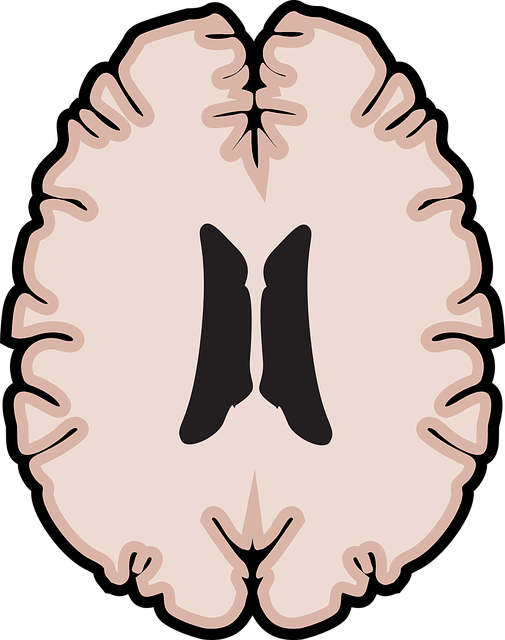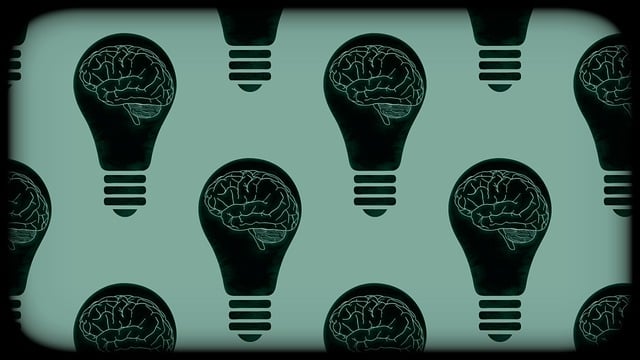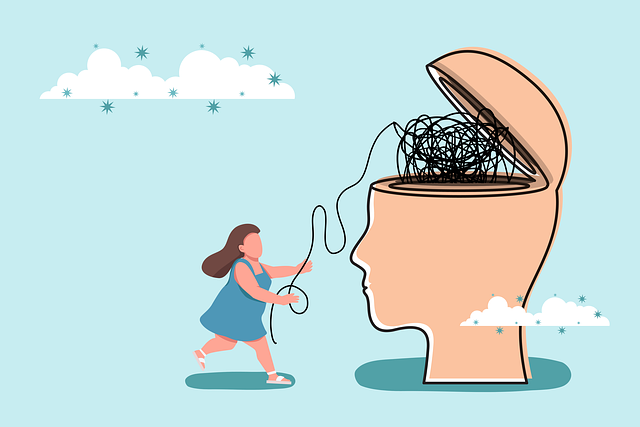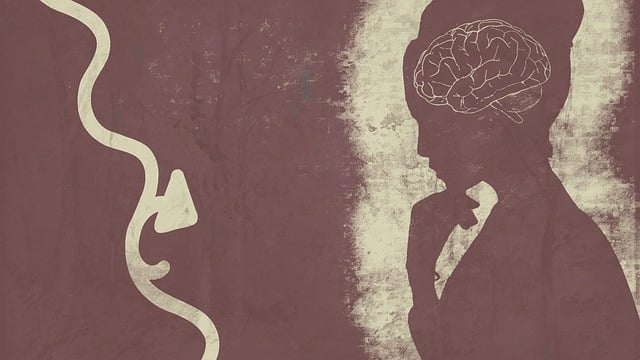Understanding mental wellness involves recognizing the interconnectedness of thoughts, feelings, and behaviors, focusing on resilience and well-being beyond just the absence of illness. Journaling is a powerful tool for introspection and self-discovery, helping individuals track triggers, gain emotional insights, and develop coping mechanisms for conditions like Englewood Panic Disorder and Anxiety Attacks. Consistent journaling identifies unhelpful thinking patterns, replaces them with healthier perspectives, and supports mental health education, empowering people to take charge of their wellness. For these disorders, dedicated journaling exercises offer a safe space for expression, allowing individuals to document physical sensations, thoughts, and emotions during attacks, fostering emotional awareness and coping strategy development.
Mental wellness journaling is a powerful tool for managing stress, anxiety, and even Englewood Panic Disorder. This article guides you through understanding mental wellness and its journaling benefits, specifically tailored for those facing panic attacks and anxiety disorders. We explore techniques to engage with your disorder, create a consistent journaling routine for effective therapy, and offer prompts for deep self-reflection. Embrace the transformative power of self-expression and discover how journaling can be a game-changer in your journey towards mental wellness.
- Understanding Mental Wellness and Its Journaling Benefits
- Engaging with Englewood Panic Disorder and Anxiety Attacks
- Creating a Journaling Routine for Effective Therapy
- Techniques and Prompts for Deep Self-Reflection
Understanding Mental Wellness and Its Journaling Benefits

Understanding Mental wellness involves recognizing the intricate interplay between our thoughts, feelings, and behaviors. It encompasses not just the absence of mental illness but also the presence of resilience and well-being. Journaling emerges as a powerful tool within this context, offering a safe space for introspection and self-discovery. By putting pen to paper, individuals can cultivate self-awareness exercises, gain insights into their emotional patterns, and ultimately develop coping mechanisms for managing conditions like Englewood Panic Disorder and Anxiety Attacks.
This practice allows one to track the triggers and outcomes of anxiety attacks, fostering a deeper understanding of their unique mental health landscape. Through consistent journaling, individuals can identify unhelpful thinking patterns and gradually replace them with healthier, more balanced perspectives. Incorporating this practice into daily routines supports mental health education programs design, empowering individuals to take charge of their mental wellness and embark on a transformative journey towards resilience and inner peace.
Engaging with Englewood Panic Disorder and Anxiety Attacks

Englewood Panic Disorder and Anxiety Attacks can be effectively managed through dedicated journaling exercises, offering a powerful tool for self-discovery and therapy. By documenting their experiences, individuals can gain profound insights into the triggers and patterns of these attacks, fostering better emotional awareness. This practice enables them to identify specific scenarios or thoughts that lead to panic, helping to break free from the cycle of fear and anxiety.
Journaling provides a safe space for expression, allowing individuals to record their physical sensations, thoughts, and emotions during an attack. Through regular reflection on these entries, one can learn to recognize early warning signs and develop coping strategies tailored to their unique needs. Additionally, self-awareness exercises within the journal can facilitate the exploration of underlying fears and beliefs, promoting emotional well-being and enhancing the effectiveness of social skills training.
Creating a Journaling Routine for Effective Therapy

Creating a consistent journaling routine can significantly enhance mental wellness therapy for individuals managing conditions like Englewood Panic Disorder and Anxiety Attacks. Dedicating just a few minutes each day to writing down thoughts, emotions, and experiences allows for better self-awareness—a crucial aspect of effective therapy. By establishing a structured routine, one can ensure that this practice becomes an integral part of their daily life. Start by setting aside a quiet moment in the morning or evening, choosing a comfortable space free from distractions. Make it a habit to jot down key events, feelings, and any recurring thoughts or concerns.
Over time, reflecting on these entries can offer valuable insights into patterns of anxiety or panic, helping individuals better understand their triggers and develop coping strategies. Incorporating journaling into therapy also facilitates the tracking of progress, providing tangible evidence of growth and improved mental resilience. Additionally, it serves as an outlet for expression, encouraging open communication with therapists and fostering a deeper connection to one’s inner self, which is vital for depression prevention and stress management.
Techniques and Prompts for Deep Self-Reflection

Englewood Panic Disorder and Anxiety Attacks Therapy can greatly benefit from mental wellness journaling as a tool for deep self-reflection. Start by setting aside dedicated time each day to write down your thoughts, emotions, and experiences. Journal prompts like “Describe a recent moment of anxiety and what triggered it” or “Reflect on a time when you felt in control and calm—what contributed to that feeling?” encourage introspective exploration. These questions help individuals identify patterns, recognize triggers, and gain insights into their emotional responses.
Incorporating positive thinking practices alongside these prompts can further enhance the therapeutic effect. Phrases like “I am capable of managing my anxiety” or “My feelings are valid and temporary” promote self-compassion and resilience. Regular mental health education programs design or healthcare provider cultural competency training can also equip individuals with additional strategies to deepen their journaling practice, fostering a more comprehensive approach to managing anxiety and cultivating overall well-being.
Mental wellness journaling can be a powerful tool for managing conditions like Englewood Panic Disorder and Anxiety Attacks. By incorporating techniques from our discussed guidance, individuals can create a personalized therapy routine that fosters deep self-reflection and promotes mental resilience. Regular engagement with this practice enables one to navigate the complexities of anxiety, gain insights into their emotions, and ultimately enhance overall well-being. Through dedicated journaling, individuals armed with these strategies have the potential to transform their relationship with stress and cultivate a calmer, more balanced mind.














